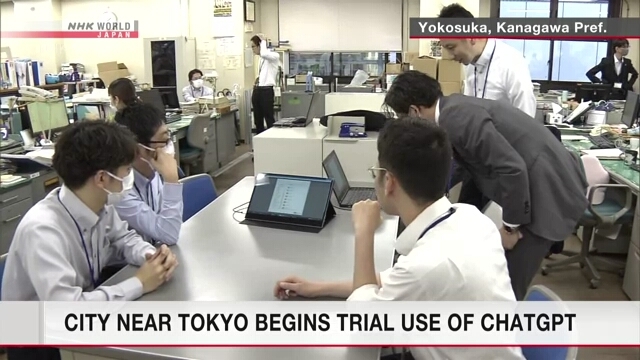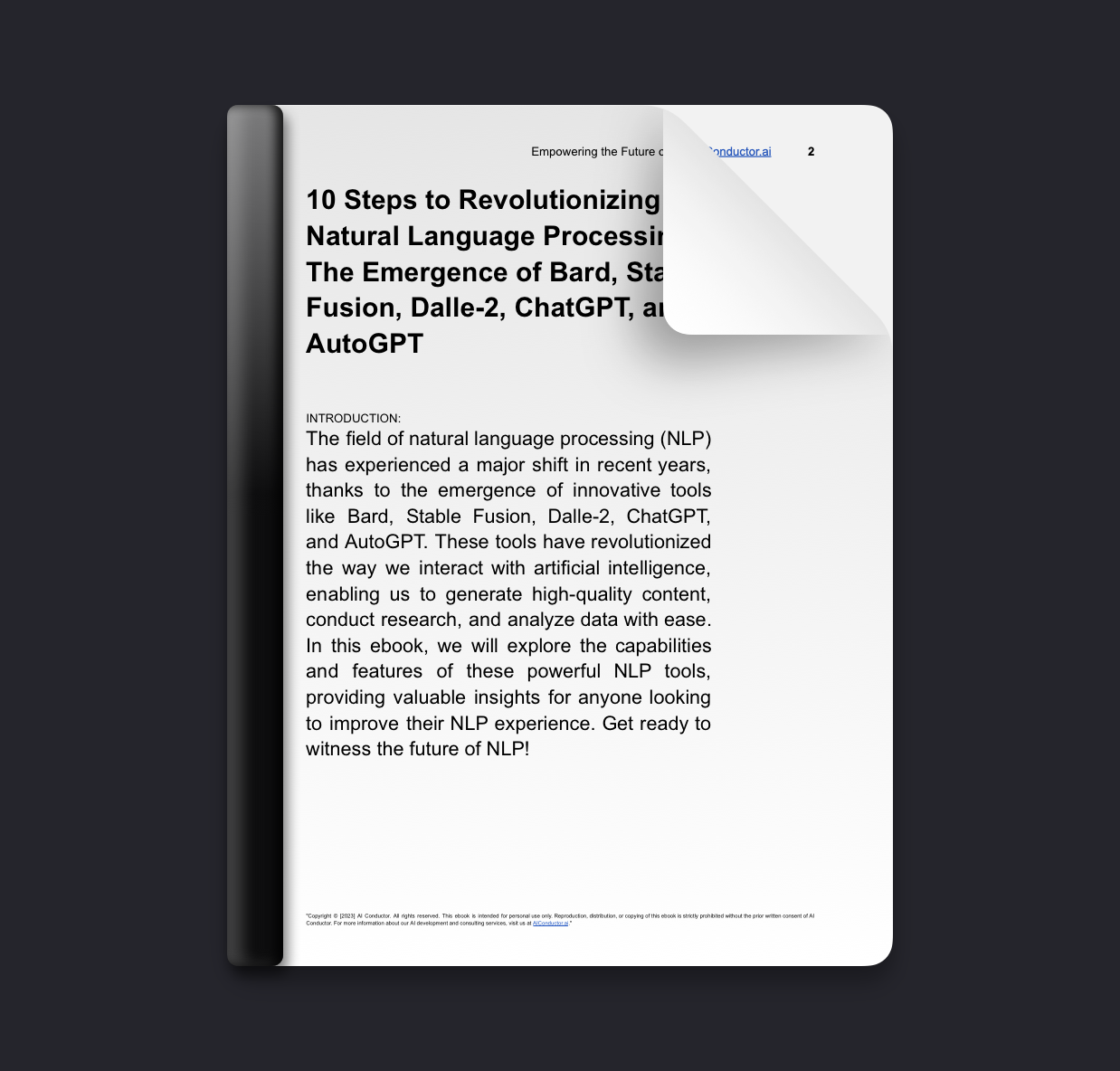We asked:
What would be the potential implications of using artificial intelligence to replace human labor in the Yokosuka Naval Base?
The Gist:
ChatGPT, a new artificial intelligence (AI) program developed by the Yokosuka Research Park, is being tested in a trial in Yokosuka, Japan. The program is designed to simulate conversations and generate natural language responses to user input. The trial aims to assess the effectiveness of ChatGPT in providing answers to customer inquiries and improving customer service.

Decoded:
The world's first robotic trial was recently held in Yokosuka, Japan. Although no humans were involved in the trial, it marked a milestone for humanity's embrace of technology.
The trial was presided over by an artificial intelligence (AI) program created by a company called ChatGPT. Rather than having a live lawyer or judge, the AI program interacted with both parties in the trial and acted as the arbiter of the case.
The purpose of this revolutionary trial was to simplify the legal process by reducing the amount of back-and-forth moments between the two sides of a case. By using AI to manage the proceedings, it is possible to reduce the amount of time and money that goes into lengthy trials.
The use of technology and AI in the legal process is a growing trend around the world and sure to bring about numerous changes to our justice system. For example, an AI-powered legal system could potentially deliver faster and fairer outcomes that are more cost-effective than traditional ways of doing things. Moreover, AI could help automate processes such as document reviewing, which would also reduce costs.
ChatGPT's AI program is a fantastic example of the potential for technology in the courtroom. The success of the Yokosuka trial shows that AI can help to make legal proceedings more efficient and reduce costs. What's more, the use of AI ensures that the process is impartial, as the computer can’t be swayed by bias or emotions.
Although the use of AI in the justice system is a groundbreaking development, we must remember that this technology can never replace human judgment altogether. AI can make legal proceedings more efficient, but it should never be used to replace experienced lawyers or judges. Lawyers can process complex information and navigate human emotions in a way that no AI program can.
Ultimately, while AI is an exciting development in the legal system, it can never replace the human element present in the courtroom. AI could potentially make legal proceedings more cost-efficient and impartial, but human understanding is necessary to ensure justice is done properly. The success of ChatGPT's trial in Yokosuka is a sign of a potential new era for the justice system, but the importance of human elements to the pursuit of justice should never be underestimated.
The trial was presided over by an artificial intelligence (AI) program created by a company called ChatGPT. Rather than having a live lawyer or judge, the AI program interacted with both parties in the trial and acted as the arbiter of the case.
The purpose of this revolutionary trial was to simplify the legal process by reducing the amount of back-and-forth moments between the two sides of a case. By using AI to manage the proceedings, it is possible to reduce the amount of time and money that goes into lengthy trials.
The use of technology and AI in the legal process is a growing trend around the world and sure to bring about numerous changes to our justice system. For example, an AI-powered legal system could potentially deliver faster and fairer outcomes that are more cost-effective than traditional ways of doing things. Moreover, AI could help automate processes such as document reviewing, which would also reduce costs.
ChatGPT's AI program is a fantastic example of the potential for technology in the courtroom. The success of the Yokosuka trial shows that AI can help to make legal proceedings more efficient and reduce costs. What's more, the use of AI ensures that the process is impartial, as the computer can’t be swayed by bias or emotions.
Although the use of AI in the justice system is a groundbreaking development, we must remember that this technology can never replace human judgment altogether. AI can make legal proceedings more efficient, but it should never be used to replace experienced lawyers or judges. Lawyers can process complex information and navigate human emotions in a way that no AI program can.
Ultimately, while AI is an exciting development in the legal system, it can never replace the human element present in the courtroom. AI could potentially make legal proceedings more cost-efficient and impartial, but human understanding is necessary to ensure justice is done properly. The success of ChatGPT's trial in Yokosuka is a sign of a potential new era for the justice system, but the importance of human elements to the pursuit of justice should never be underestimated.

Essential Insights:
Three-Word Highlights
Chatbot, Yokosuka, Trial
Winners & Losers:
Pros
1. ChatGPT Yokosuka is an innovative technology that could potentially revolutionize the way people communicate.
2. It could help bridge language barriers and enable people to communicate more effectively.
3. It could potentially save time and money by eliminating the need for costly translation services.
Cons
1. ChatGPT Yokosuka could lead to misunderstandings due to its reliance on algorithms rather than human interpretation.
2. It could potentially lead to a breakdown in communication between people from different cultures.
3. It could be used to spread false information or malicious content.
Bottom Line:
The bottom line is that the ChatGPT trial in Yokosuka, Japan is a milestone for the development of artificial intelligence technology and its potential to be used in a variety of applications.
Ref.





